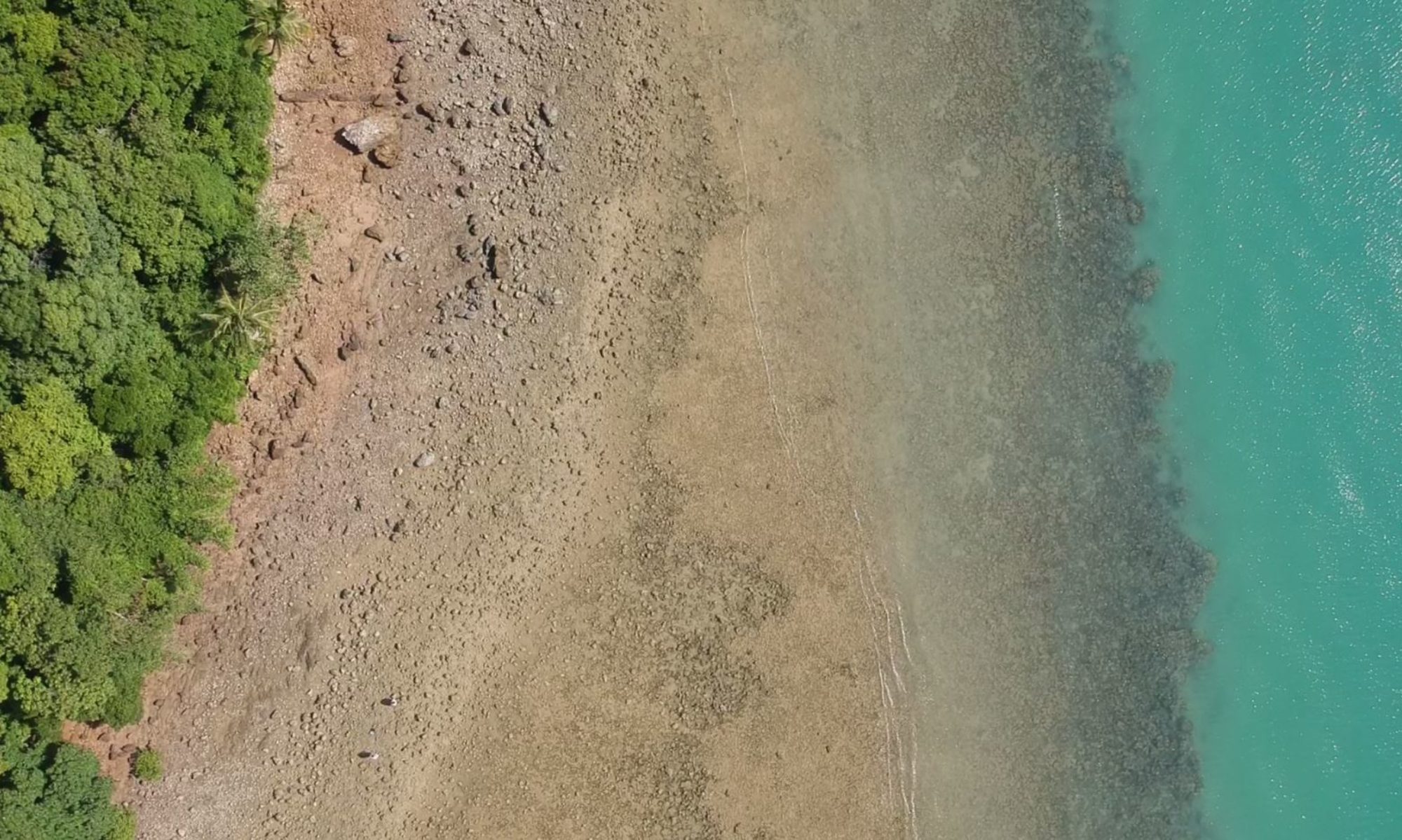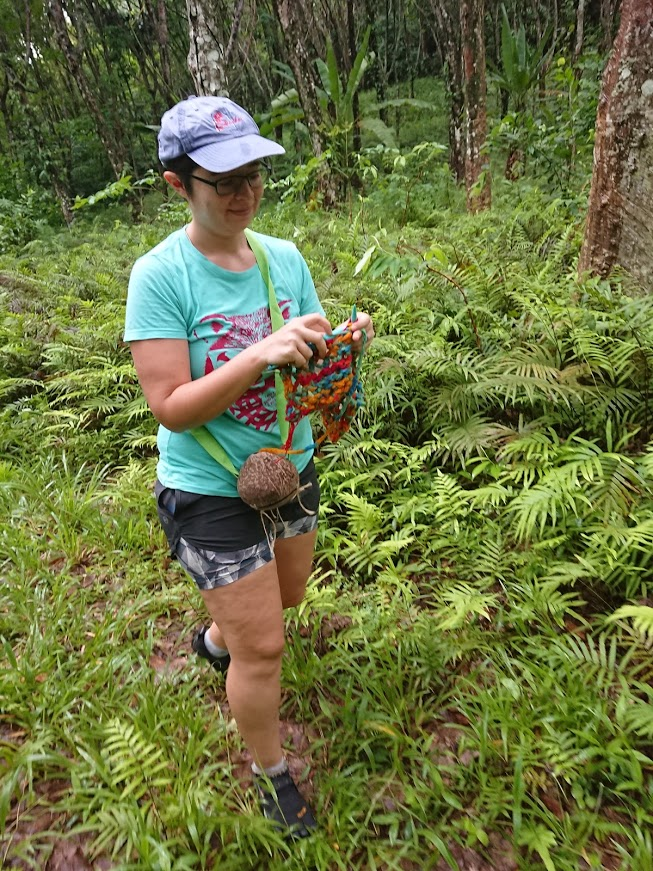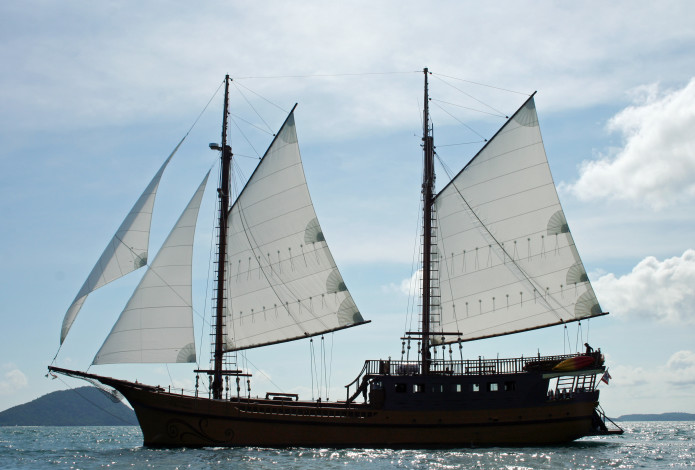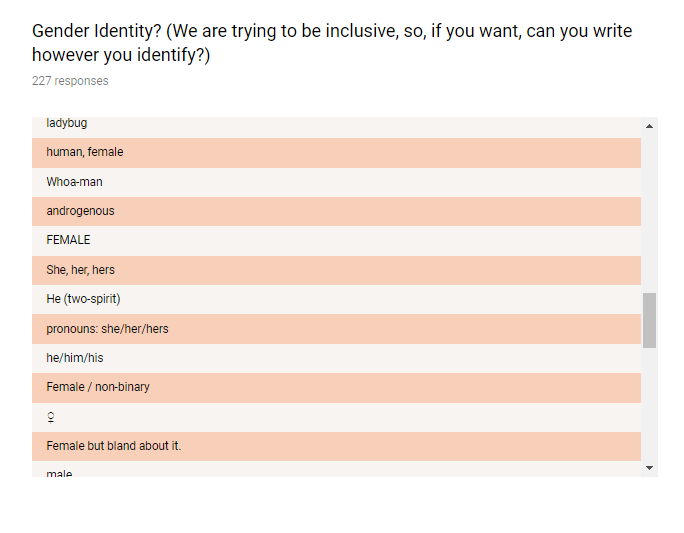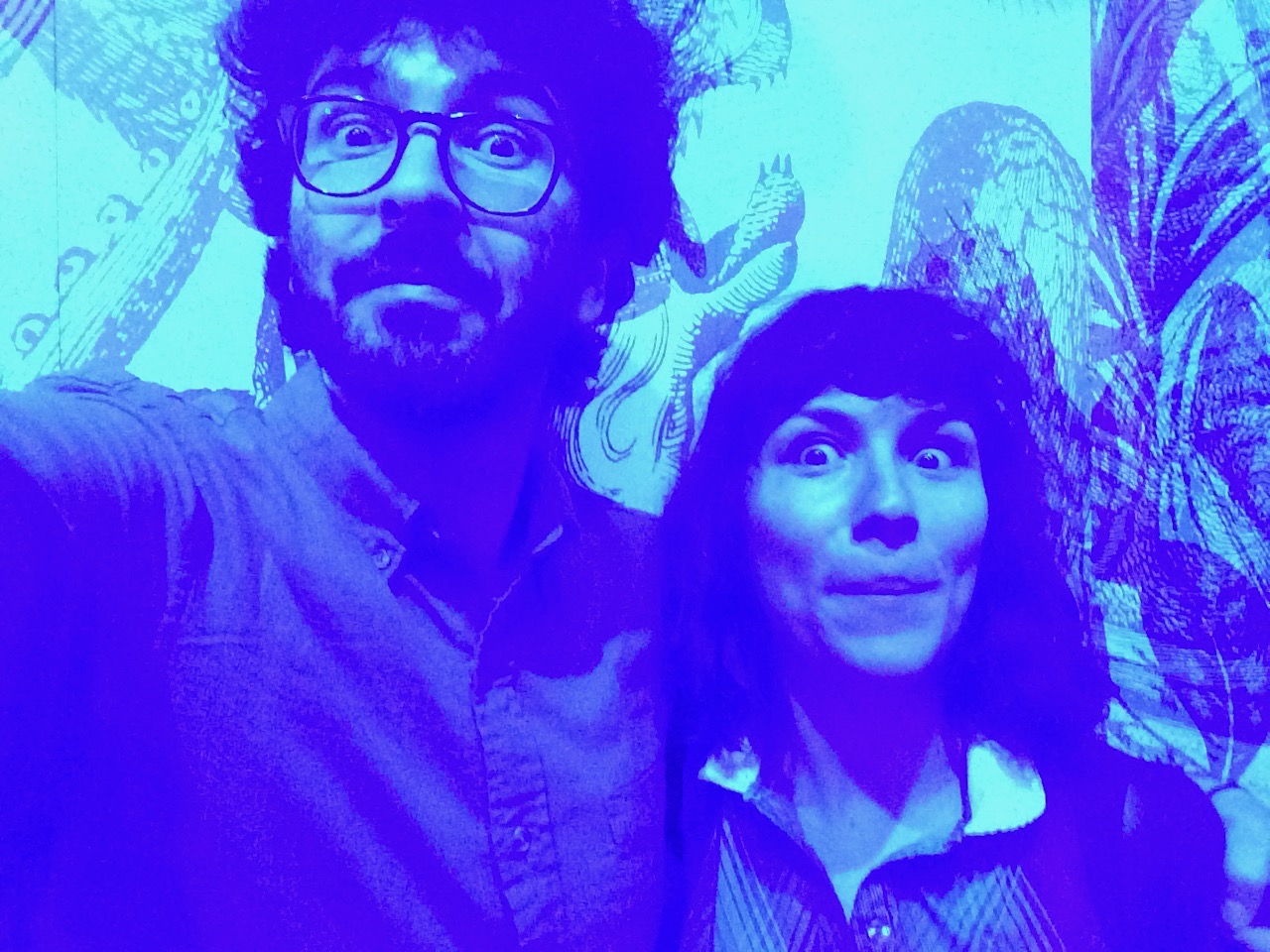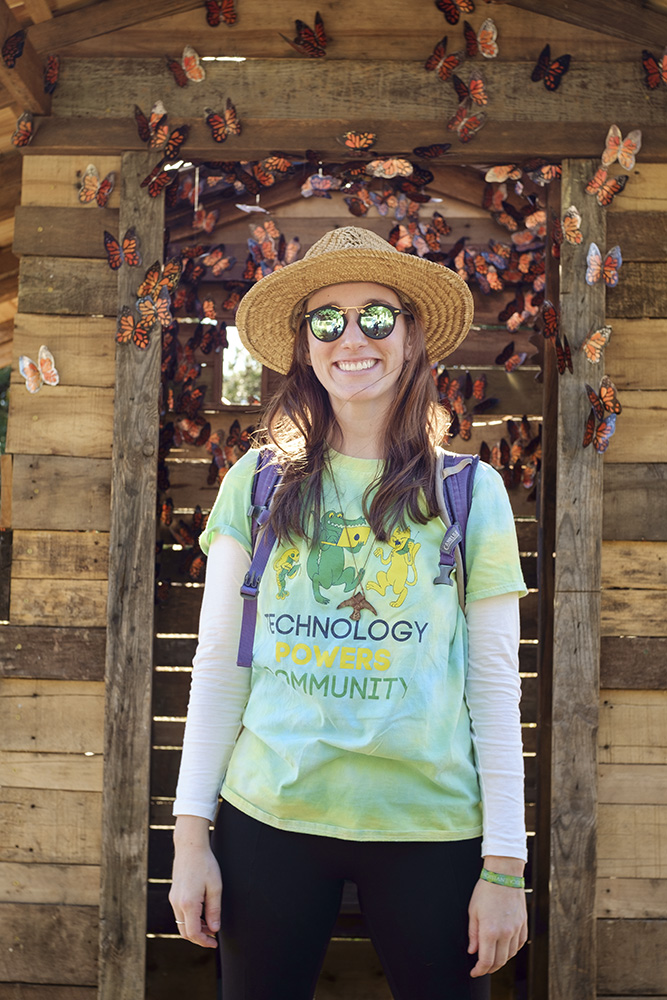Time is getting close! Applications only have about a week left! Here’s details on what’s coming up, and 2 incredible opportunities to go hop on a boat!
-Application deadline! Jan 30!
If you have applied yet, please do if you want to come! www.dinacon.org/apply
and help us spread the news for any last minute folks who want to join!
– mid-con sailing adventure!
– a cool contingent of people including Jan (fellow NUS prof), Miguel (fellow NUS Prof), and Yasu (Sound artist), are wanting to put together a little local sailing trip
They plan to “block 17-26 June for sailing in Phuket, and plan to sail for 7 days sometime within that time.
We have already 5 of us, so would need just 3 more for an 8-person crew (which I think shld be easy to find, or otherwise we cld get a smaller boat for 6). I am very preliminarily calculating that the bareboat rental would be about 50ish euro per day per person, so about 350ish euro per person per week (but could be a bit more or less, and there might be other hopefully-small expenses, deposit, insurance, beer fund, etc—but that remains to be researched).
http://yachtcharterinasia.com/yachts/isabella/ — maybe something like her.”
If you want to get involved with this mini-expedition, the point person is probably: Jan Mrazek <seajm@nus.edu.sg> (they are also possibly considering a trip from around singapore to Phuket)
